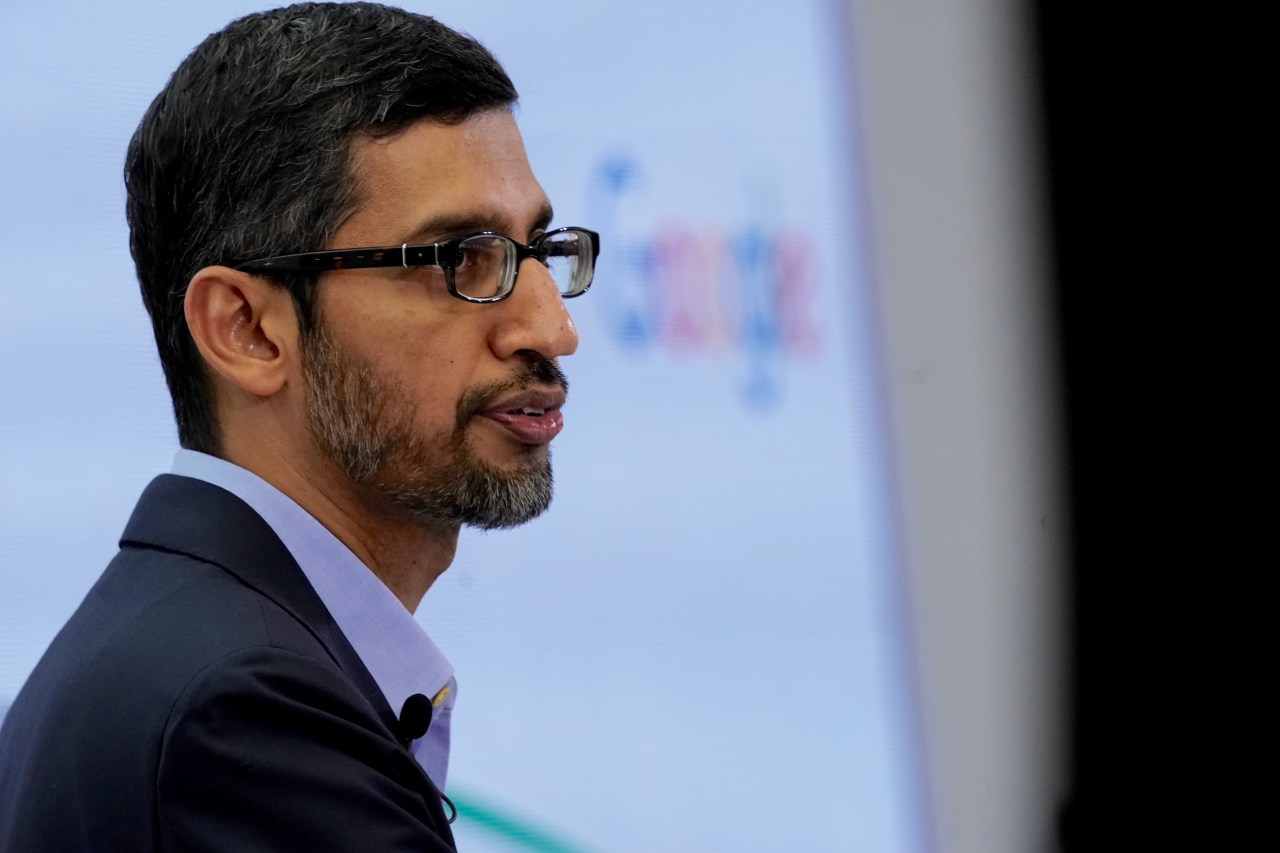The digital landscape is changing at breakneck speed, and with it comes an increasing demand for regulatory frameworks that can keep up with emerging technologies, particularly artificial intelligence (AI). In a significant development, Google’s CEO Sundar Pichai has stepped into the spotlight, agreeing to collaborate with European lawmakers on a voluntary framework dubbed the “AI Pact.” This initiative serves as a stop-gap measure while more formal regulations are being constructed and showcases the urgent need for proactive governance in the fast-evolving world of AI.
The AI Pact: A Voluntary Framework for All
The AI Pact is positioned as a collaborative effort aimed at establishing preliminary guidelines that major AI actors—both European and global—can voluntarily adhere to before the onset of binding regulation under the upcoming EU AI Act. This represents a unique blending of self-regulation and proactive governance, as stated by Thierry Breton, the EU’s internal market commissioner. He emphasized the urgency of navigating through these waters to create a safer online ecosystem.
- Voluntary Compliance: The Pact, although lacking legal enforcement, symbolizes a critical first step toward larger collaborations in tech governance.
- Inclusion of Multiple Stakeholders: The EU aims to involve numerous AI developers and subject matter experts, allowing for a diverse array of input and innovation.
- Guidance before Formal Legislation: Stakeholders are encouraged to sign up even as the regulations evolve, thus establishing a framework to work with until the laws become enforceable.
Historical Context: Precedents for Voluntary Arrangements
Interestingly, this isn’t Google’s first rendezvous with European regulatory expectations. The tech giant had previously engaged in self-regulatory codes, aimed at addressing online hate speech and the dissemination of false information. While these codes do not have legal teeth, they serve as a benchmark for compliance, presenting a chance for accountability from tech giants.
It underscores a vital trend where self-regulatory measures can create a roadmap for both tech companies and regulators to consider as they form a holistic approach to digital governance. It raises an intriguing question: could this AI Pact serve as a template for similar agreements across the globe?
The Impending AI Act: Key Considerations
The EU has been at the forefront of creating robust regulations around digital technology, drafting the AI Act as a comprehensive legislative framework for AI applications. The current draft highlights several noteworthy aspects:
- Risk-Based Approach: The proposed legislation outlines varying levels of regulatory measures based on the risk profile of different AI applications.
- Generative AI Regulations: Recent discussions include specific regulations targeted at generative AI, with ongoing negotiations revealing a commitment to establishing protections before finalization.
- Implementation Challenges: Even if the AI Act gets approved promptly, there will be significant lead time to allow companies ample breathing room to comply with the new requirements.
International Dynamics: Coordination and Cooperation
As the EU races toward implementing its AI regulations, the U.S. is also starting to engage in essential conversations around AI governance. The recent Senate committee hearings, including discussions with OpenAI’s CEO Sam Altman, reflect an emerging recognition of the need for comprehensive frameworks governing artificial intelligence.
This trend for international cooperation underscores the potential for initiatives like the AI Pact to pave the way for broader alliances between tech leaders and governments. As leaders such as Sundar Pichai step up, the potential for an international standard in AI governance may become more attainable.
Conclusion: The Promising Path Ahead
The AI Pact signifies a proactive endeavor to address the growing complexities surrounding AI technologies. As Google steps onto this stage with the EU, the call for responsible and accountable AI development becomes ever more vital. While the pact may not possess the force of law, it embodies a spirit of collaboration that is essential in crafting ethical and effective frameworks.
Such global initiatives have the power to redefine how we approach AI governance, placing human-centric considerations at the heart of innovation. Further, they raise the prospect of future agreements and shared standards that could proliferate throughout the tech industry.
At fxis.ai, we believe that such advancements are crucial for the future of AI, as they enable more comprehensive and effective solutions. Our team is continually exploring new methodologies to push the envelope in artificial intelligence, ensuring that our clients benefit from the latest technological innovations.
For more insights, updates, or to collaborate on AI development projects, stay connected with fxis.ai.

